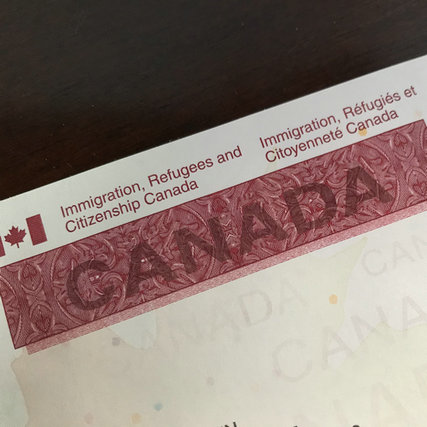Work Permit
Every year, hundreds of thousands of temporary foreign workers work in Canada. In 2020, over 400,000 temporary work permits were issued. Canada is one of the safest countries in the world that can provide workers attractive salaries with solid employee benefits. Many job openings across almost all the industry sectors in the government job bank provide foreign workers great opportunities to build their career and gain international experience in Canada.
As the biggest city in Canada, Toronto has become its center of tech companies; many top international IT companies, such as Amazon, IBM, and Google, have set up their offices in Toronto. The number of tech workers in the city is growing every year, as well as in smaller cities, such as Vancouver, Ottawa, and Waterloo.
Healthcare is another thriving sector with increasing labor need. According to Job Bank Canada, new job openings in nurse aids, orderlies, patient service associates & other assisting occupations in healthcare are projected to be

178,700 over the period from 2019 to 2028. Many more sectors, because of the lack of skilled local workers, have seasonal or long-term labor need as well.

How to Fina a Job in Canada
You can find a job through the following ways:
- Job bank
- Job posting websites
- Check the website of a company that you want to work with
- Attend job fair
- Through employment agencies
To work in Canada, you need a nine-digit Social Insurance Number (SIN) which can be applied from Service Canada. SIN can also ensure you can access government programs or benefits.

Types of Work permit
Work permit can be categorized as open work permit and employer-specific worked permit.
- Open work permit: permit holder can work for any employer within the validity of the work permit. Open work permit example: post graduate work permit, spousal open work permit.
- Employer-specific work permit: permit holder can work for the employer on the position that are specified on LMIA.

What you need to get a work permit
To apply for a work permit, you need
- Valid passport or travel document
- The Labor Market Impact Assessment (LMIA) provided by ESDC (if applicable)
- Temporary resident visa or eTA (if applicable)
- Job offer/contract
- Proof of financial support
- Other document, such as police certificate, medical examination, etc.
The Labor Market Impact Assessment (LMIA)
LMIA is a document issued by Employment and Social Development Canada (ESDC) to a Canadian employer who intends to hire a foreign worker to fill a job that no Canadian worker is available to do. The employer need to obtain a positive LMIA in order to employ a foreign worker.
An employment contract must be signed before the employer applies for an LMIA. The contract should lay out the contract’s duration, job duties, wages, hours of work, holiday and sick leave entitlement, workplace safety insurance coverage, medical insurance coverage from the foreign worker’s arrival date till the date the foreign worker is eligible for provincial health insurance, termination and resignation terms as applicable to the program.
LMIA Exemption
Not all work permit requires a LMIA. The following listed a few examples that their work permit is LMIA exempted:
- Business visitors, professionals, Intra-company transferees and traders and investors under Canada-United States-Mexico Agreement (CUSMA)
- Co-op international students
- Spouses of foreign workers whose work permit is more than 6 months and is under NOC 0, A, B
- Spouses of full-time international students who enrolled in a program that is not ESL/FSL/general course
- Applicants in International Experience Canada (IEC) program
